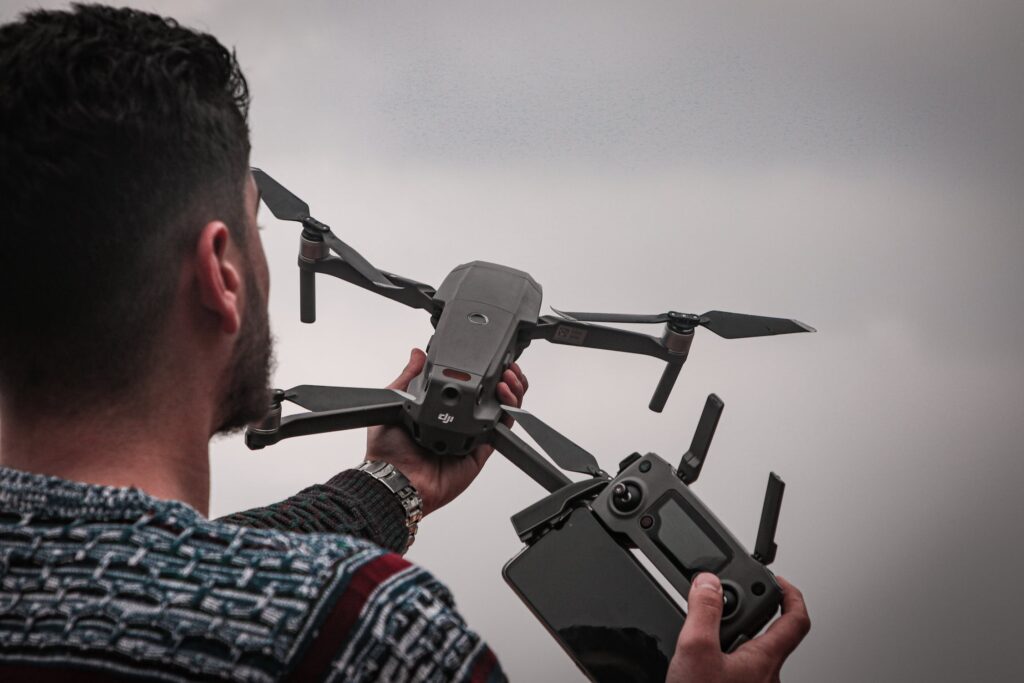Many are asking whether the DJI Mavic Mini is a fine waiting to happen because of the belief that it needs to be registered with the Federal Aviation Administration (FAA).
This question has led a panel, with representatives from the FAA, part of the series, “Things the FAA Wishes More Pilots Knew.” This article explains when it is necessary to register the drone – even if it’s a micro model.
After some discussion, the panel pointed out some of the most common mistakes and misconceptions about drone regulations. One of the main ones is that the majority of drone pilots so make an effort to follow the rules. Therefore, the panel is trying to do their part so that the information gets out on some issues that may be unclear.
When DJI released the Mavic Mini, most YouTube, and other write-ups claimed that the Mavic Mini did not need to be registered. The problem is that most consumers who saw the headlines, assumed it meant the DJI Mavic Mini could avoid all FAA regulations. That, however, is not true.
But what is true?
The answer is sometimes.
The rules about registering the drone when the program was first introduced, in 2015, was that drones that weigh less than 250 grams don’t require registration. In the last five years, the drone industry has changed and the formula no longer applies across the board since the implementation of Part 107 of FAA regulations, which enables commercial operations in the U.S.
When the Mavic Mini was introduced as a micro drone last year by DJI, it was advertised as weighing less than the 250 gram limit for drone registration. Although it is true that, if the Mavic Mini or another micro drone is being operated strictly under the exception for recreational operation, it does not need to be registered. However, because the Mavic Mini is a very powerful drone and, therefore, often used — for commercial purposes — it needs to be registered.
What should be clear, then, is that Part 107 license holders need to register the Mavic Mini whatever it weighs if it is to be used for any commercial act, including monetized YouTube videos.
Because the consumer drone industry is under scrutiny with several bills in the Senate, it is likely that they may restrict the use of the consumer drone industry by potentially returning the regulatory framework back to municipalities over the FAA.
John Meehan, Aviation Safety Analyst with the FAA, explains, “Most folks don’t realize that all drones, irrespective of weight, must be registered with the FAA if the flight is governed by Part 107 or Part 91.”*
In addition, all pilots may not realize — at times — that their flights do not fall under the Exception for Recreational Flyers. Meehan explains, “Flying as UAS for any purpose other than recreation, or not following an existing aeromodelling organization’s safety guidelines, makes the flight governed by Part 107. Flights flown with a sUAS for a commercial purpose, even if flown at no charge, for example, are governed by Part 107.”*
Future
Because the consumer drone industry is under scrutiny, with several bills in the Senate, and since it is likely that the Senate may restrict the use of the consumer drone industry by potentially returning the regulatory framework back to municipalities over the FAA., and because it is so easy to register — it can be done online in less than 5 minutes — and because it is so inexpensive to register with the FAA — $5 — it is of utmost importance — it only makes sense — that all pilots register their drones.



